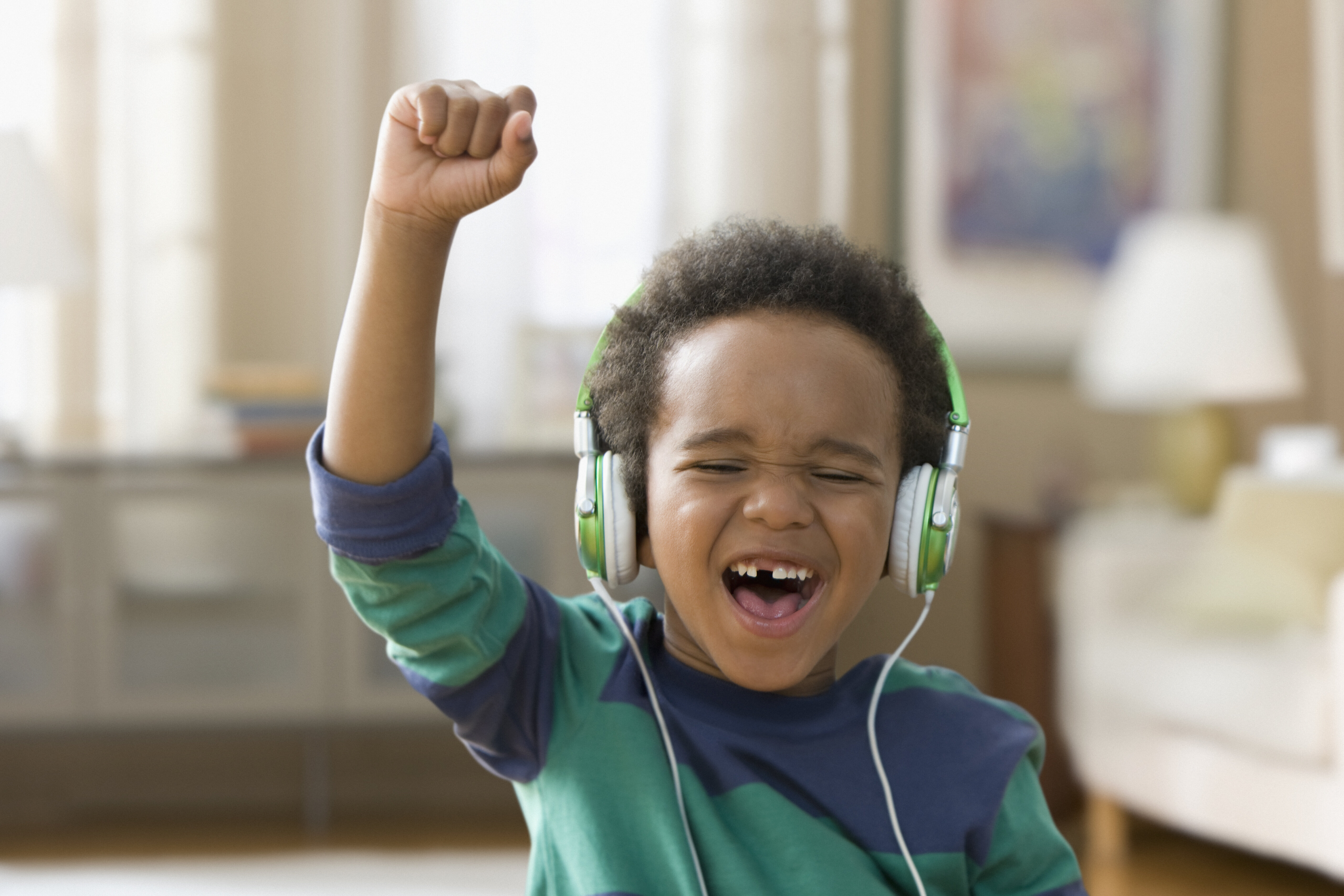As concerns over children’s screen time grow, parents and experts are exploring modern audio players like Yoto and Toniebox as screen-free alternatives to engage kids. While these devices offer benefits like fostering imagination and reducing exposure to screens, questions remain about their effectiveness in today’s digital age.
Are Audio Players The Answer To Keeping Kids Off Screens?

Key Takeaways:
- Audio players like Yoto and Toniebox offer screen-free entertainment for children.
- Parents are increasingly worried about the impacts of excessive screen time on development and mental health.
- Experts believe audio players can enhance imagination and improve sleep by eliminating blue light exposure.
- The cost of devices and content may be a barrier for some families.
- Not all children may be as engaged with audio players compared to screens.
Introduction
In an era where screens dominate entertainment, parents are increasingly seeking alternatives to reduce their children’s screen time. Modern audio players like Yoto and Toniebox have emerged as potential solutions, offering screen-free engagement that harkens back to simpler times.
A Nostalgic Return to Imaginative Play
When many children of the ’80s, including the author, were gifted a Fisher Price tape recorder, it became a gateway to imagination and creativity. With just four buttons—play, forward, rewind, and record—it encouraged hours of play without the need for screens. Today’s parents long for similar experiences for their children, away from the endless scroll of digital devices.
The Modern Screen Time Challenge
The ubiquity of smartphones and tablets has fundamentally changed how children consume content. A simple search for “Thomas the Tank Engine” on YouTube can lead to an endless stream of videos, often turning children into “content zombies” who constantly ask for “one more” when it’s time to power down.
Introducing New Audio Players
Sensing the market’s eagerness for screen-free options, companies have developed modern audio players. Devices like Yoto and Toniebox, priced between $70-100 , allow children to access audio content without screens. Content comes via $9.99 Yoto cards or Toniebox figures, such as a Disney princess set of five priced at $83.65 on sale.
Expert Insights on Benefits
“Children are able to focus more on what they’re hearing, allowing their imaginations to run wild in ways screens simply can’t and will never be able to offer,” says John Bianchette , vice president of education and training at Mathnasium. He also notes that avoiding screens, especially before bedtime, can lead to better sleep due to the absence of blue light.
Supporting Children with ADHD
For children with ADHD, the benefits may be even more significant. Emily Bly , a psychologist in New York, purchased an audio player for her son. “ADHD kids are known to have particular difficulty in managing screens because they get hyper-focused,” she explains. The audio player provided a way for her son to enjoy content without the risks associated with screen time.
Parental Experiences
Parents like Robert Roopa from Ontario find their children engaging positively with these devices. His kids, aged 6, 4, and 16 months, independently use the Yoto Mini. “When they wake up early, they will often turn to their Yoto player and entertain themselves,” he shares, highlighting the device’s role in their routine.
Enhancing Language Development
Kassie Hanson , a mother and speech-language pathologist from Nebraska, values the Toniebox for building her children’s vocabulary. She praises its durability, noting, “It even survived being dropped down a flight of stairs.” Her eldest child is particularly fond of it, incorporating it into daily activities like brushing teeth and crafting.
Considerations and Drawbacks
Despite the advantages, there are challenges. The cost of expanding content libraries can add up. “Adding books to your collection can start adding up,” Roopa admits. Some Toniebox figures offer minimal content for the same price as more substantial offerings, leading parents like Hanson to be selective with purchases.
The Allure of Screens Remains
Not all children are captivated by audio players. Janice Robinson-Celeste , founder of Successful Black Parenting magazine, found that while her grandchildren were initially interested, the novelty wore off. “It’s challenging to maintain a child’s interest when screens are so prevalent,” she observes. “They were interested at first, but eventually, the screens won.”
Conclusion
Audio players present a promising avenue for parents aiming to reduce screen time and encourage imaginative play. They offer several benefits, from fostering creativity to supporting better sleep habits. However, they may not be a one-size-fits-all solution. As screens continue to captivate young minds, the effectiveness of audio players may vary from one child to another.











